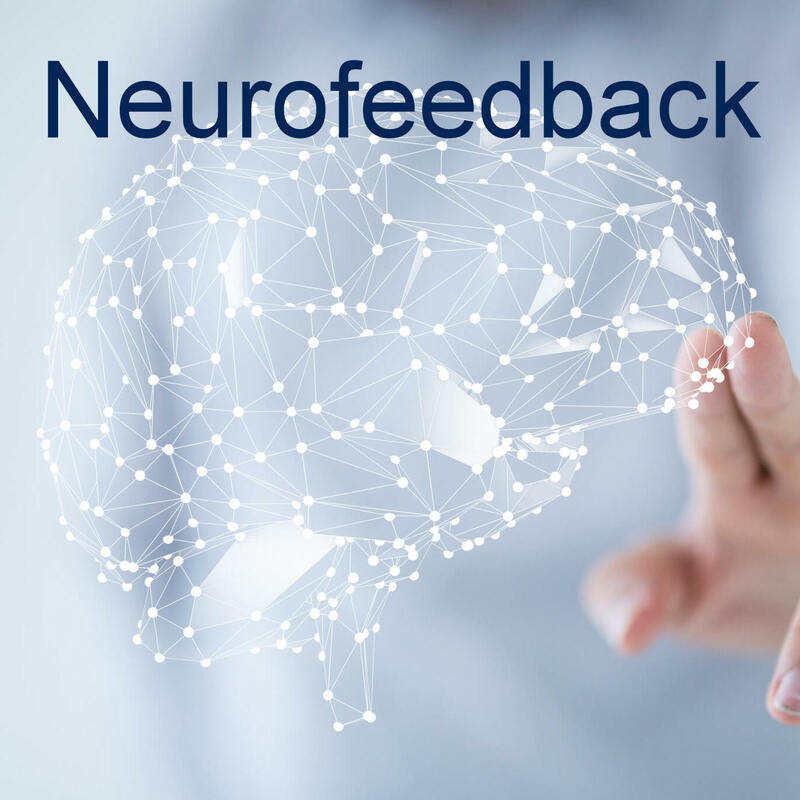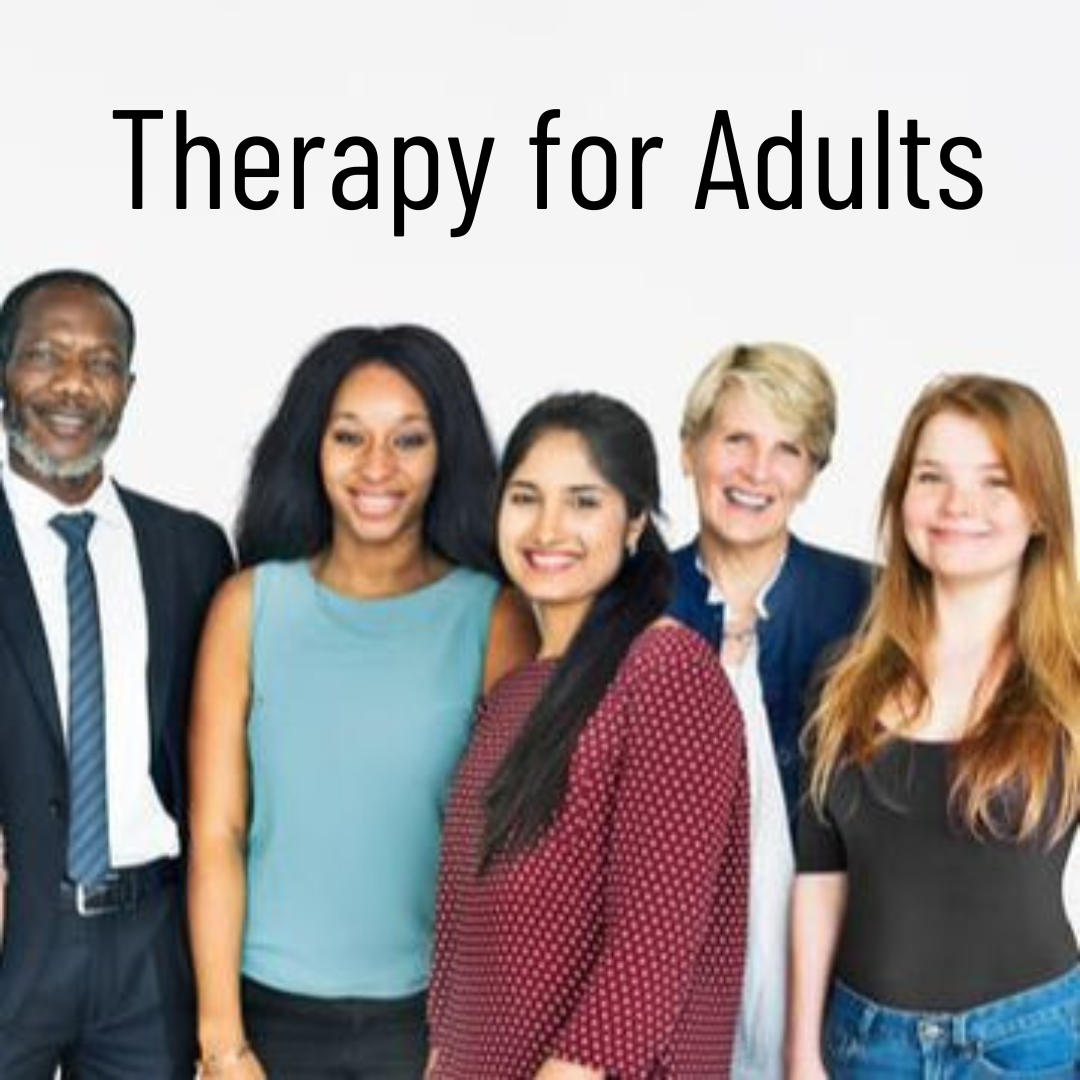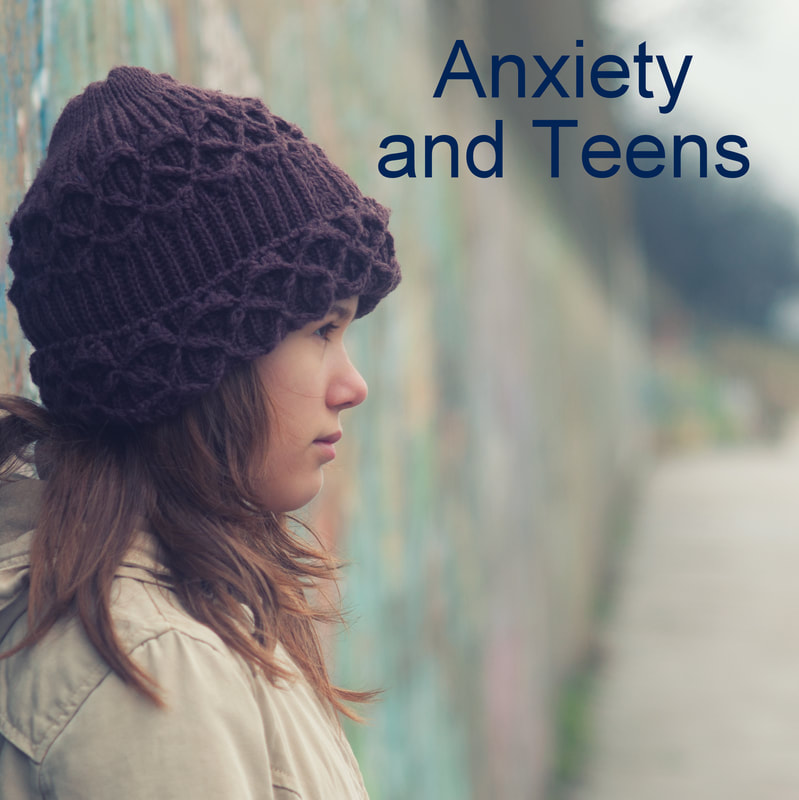|
The real reason why social media might be making you feel bad by Victoria Pitz, LPMHC Cognitive dissonance is the feeling of discomfort one feels when your thoughts or feelings about ourselves do not align with our actions. Social media tends to exacerbate this phenomenon at an overwhelming rate. It perpetuates the feelings of “should”. I should be having more fun, I should be doing what they’re doing, I shouldn’t be feeling the way that I feel…It can be difficult to recognize the direct damage social media does to your self-esteem because it has become so ingrained in our daily lives. So how might social media trigger cognitive dissonance? Perhaps you are not feeling your best lately. Things just don’t seem to be going your way; maybe you experienced something that shook you up. Life just feels awful and overwhelming right now.You scroll through social media when you're bored. Half the time you don’t even realize how long you’ve been scrolling for. But your brain is taking note: "Wow. So-and-so went to Paris; why can’t I do that?" "Look, this person got their dream job, but I’m still stuck in one that I hate." "How nice, this person goes out every weekend and has a blast, here I am, feeling like cr*p."
This experience of cognitive dissonance that you feel can perpetuate feelings of guilt and shame— “My life looks so great on my instagram page, I shouldn’t be feeling depressed.” So, like many of us, you keep the posts going without addressing what’s really going on underneath, causing more and more disconnect from your authentic self as time goes on. If this resonates with you, there are a few things you might want to consider: Taking a break from social media. Easier said than done, right? Even just taking a few hours away from mindless scrolling can help. You can set time limits on your device. Start small by decreasing it by an hour for a few days and notice how it makes you feel. Consider unfollowing accounts that make trigger a sense of comparison. Instead, trying adding on to your strengths— follow accounts that fill you up and make you feel good. Similarly, if you choose to continue to share content, consider sharing things that feel authentic to you. Avoid the filters and #trends, share something that helps the real you shine.
If any of this information speaks to you, consider bringing it up with your therapist. Therapy can be a great space to take time for yourself to process and reflect on how you are feeling.
Resources: https://www.verywellmind.com/what-is-cognitive-dissonance-2795012
0 Comments
Leave a Reply. |
Archives
October 2023
Categories
All
|




















